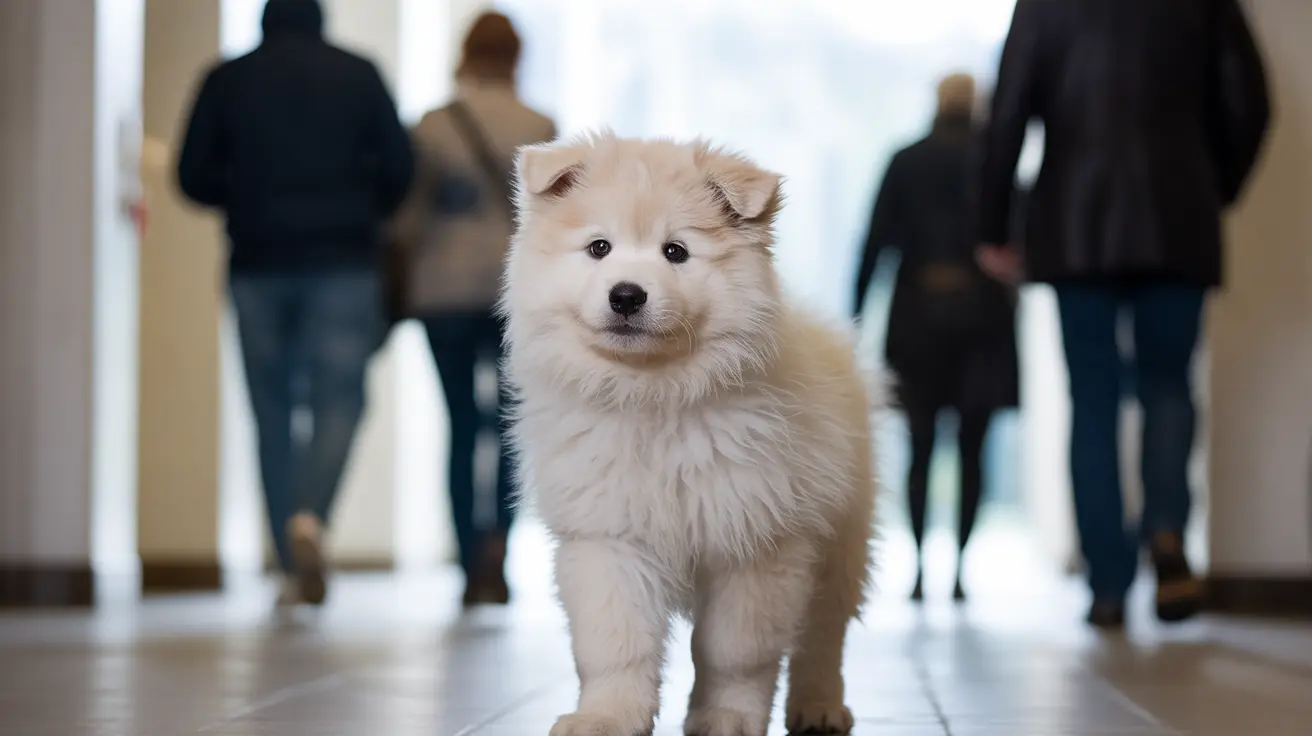The Science Behind Cat Stomach Gurgling
Stomach gurgling in cats typically occurs due to the normal movement of gas and fluid through the digestive tract. However, these sounds can become more pronounced or frequent when there's an underlying issue affecting the gastrointestinal system.
- Digestion of food and water
- Gas movement through intestines
- Changes in eating patterns
- Hunger
When Stomach Gurgling May Signal Cancer
While most cases of stomach gurgling are benign, persistent or unusual gurgling accompanied by other symptoms may indicate a more serious condition, such as gastrointestinal cancer. Leiomyosarcoma, a rare but aggressive type of cancer affecting the smooth muscle of the digestive tract, can cause various digestive disturbances including increased stomach noises.
Key Warning Signs to Watch For
If your cat's stomach gurgling is accompanied by these symptoms, consult a veterinarian promptly:
- Chronic vomiting or diarrhea
- Unexplained weight loss
- Loss of appetite
- Lethargy or weakness
- Blood in stool
- Abdominal swelling or pain
Diagnostic Process for Gastrointestinal Issues
When investigating unusual stomach sounds and related symptoms, veterinarians typically follow a comprehensive diagnostic approach:
- Physical examination and medical history
- Blood work and urinalysis
- Imaging (X-rays and ultrasound)
- Endoscopy or surgical biopsy if cancer is suspected
Treatment Options and Management
Treatment depends on the underlying cause of the stomach gurgling. For cancer cases, options may include:
- Surgical removal of tumors
- Chemotherapy in select cases
- Supportive care and pain management
- Dietary modifications
- Regular monitoring and follow-up care
Prevention and Monitoring
While you can't prevent all gastrointestinal issues, these steps can help maintain your cat's digestive health:
- Schedule regular veterinary check-ups
- Monitor eating habits and bathroom routines
- Keep a log of unusual symptoms
- Maintain a consistent, high-quality diet
- Respond promptly to changes in behavior or appetite
Frequently Asked Questions
Why does my cat's stomach gurgle, and what are the possible causes of this symptom?
Cat stomach gurgling can be caused by normal digestion, hunger, or dietary changes. However, persistent or unusual gurgling accompanied by other symptoms may indicate conditions ranging from minor digestive upset to more serious issues like inflammatory bowel disease or cancer.
How can I differentiate between stomach cancer and other common gastrointestinal issues in cats?
While only a veterinarian can make a definitive diagnosis, cancer typically presents with progressive symptoms including weight loss, persistent vomiting, and lethargy. Common gastrointestinal issues usually resolve more quickly and respond to dietary changes or basic treatments.
What are the early warning signs of stomach or intestinal cancer in cats, and how can I identify them?
Early warning signs include chronic vomiting, weight loss despite normal appetite, lethargy, blood in stool, and abdominal swelling. Any persistent digestive symptoms lasting more than a few days warrant veterinary attention.
Can stomach gurgling in cats be a sign of cancer, or is it usually a benign issue?
While stomach gurgling alone is usually benign, when accompanied by other concerning symptoms like weight loss, vomiting, or changes in appetite, it may indicate a more serious condition including cancer. Always monitor for additional symptoms.
How can I help my cat with stomach or intestinal cancer, and what are the most effective treatment options available?
Treatment typically involves surgery when possible, alongside supportive care including pain management and dietary modifications. The effectiveness of treatment depends on early detection and the cancer's stage. Work closely with your veterinarian to develop an appropriate treatment plan.
Conclusion
While cat stomach gurgling is often harmless, being aware of additional warning signs can help catch potential health issues early. If you notice persistent stomach gurgling along with other concerning symptoms, don't hesitate to consult your veterinarian. Early detection and treatment provide the best outcomes for serious conditions like gastrointestinal cancer.






